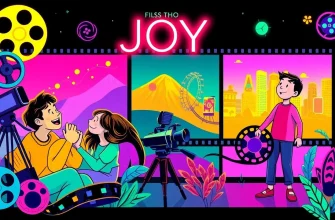Tragedy in cinema often mirrors the complexities of life, exploring themes of loss, despair, and the human condition. This curated collection of 10 tragic films offers viewers a profound journey through stories that evoke deep emotional responses, providing a cathartic experience that resonates with the universal aspects of suffering and resilience. These films, with their compelling narratives and unforgettable performances, are not just entertainment; they are a reflection on the fragility of life and the strength of the human spirit.
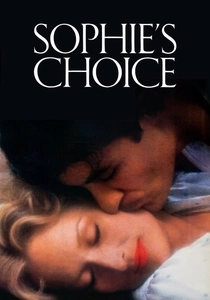
Sophie's Choice (1982)
Description: The film centers on Sophie, a Holocaust survivor, whose past decisions haunt her present. The tragic choice she was forced to make during the Holocaust is one of the most heart-wrenching moments in cinema history.
Fact: Meryl Streep won an Academy Award for Best Actress for her role as Sophie. The film was adapted from William Styron's novel of the same name.
 Watch Now
Watch Now

Schindler's List (1993)
Description: This film recounts the true story of Oskar Schindler, who saved over 1,000 Jewish refugees during the Holocaust by employing them in his factories. The tragedy here is the backdrop of the Holocaust, with the film's narrative focusing on the human capacity for good amidst overwhelming evil.
Fact: Steven Spielberg donated his salary for directing the film to the Shoah Foundation, which records interviews with Holocaust survivors. The film was shot in black and white to give it a documentary feel.
 Watch Now
Watch Now
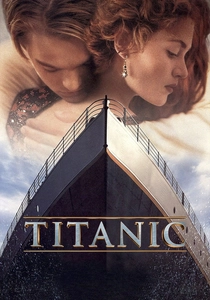
Titanic (1997)
Description: This epic romance and disaster film captures the tragic sinking of the RMS Titanic, intertwining the love story of Jack and Rose with the real-life catastrophe. It's a poignant reminder of human vulnerability and the power of love amidst tragedy.
Fact: The film was the first ever to be released on video while it was still being shown in theaters. It won 11 Academy Awards, tying the record for the most Oscars won by a single film.
 Watch Now
Watch Now
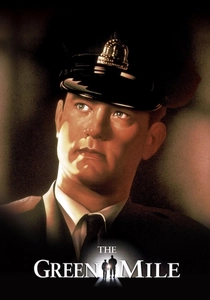
The Green Mile (1999)
Description: Based on Stephen King's novel, this film explores themes of innocence, justice, and the supernatural through the story of a death row guard and a gentle giant with miraculous healing powers. Its tragic elements lie in the inevitability of death and the moral dilemmas faced by the characters.
Fact: The film's title refers to the green linoleum floor of the prison's death row, leading to the electric chair. Michael Clarke Duncan was nominated for an Academy Award for Best Supporting Actor for his role.
 Watch Now
Watch Now
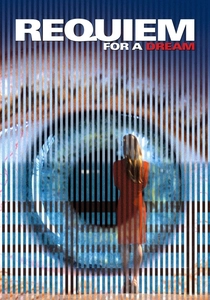
Requiem for a Dream (2000)
Description: This film portrays the devastating effects of drug addiction on four individuals, each spiraling into their own personal tragedy. Its raw depiction of addiction and its consequences makes it a deeply tragic tale.
Fact: The film's score by Clint Mansell, particularly the "Lux Aeterna" theme, has become iconic and widely used in other media.
 Watch Now
Watch Now

The Pianist (2002)
Description: This biographical drama follows the life of Władysław Szpilman, a Polish-Jewish pianist who survived the Holocaust by hiding in the ruins of Warsaw. The film captures the personal tragedy of survival against the backdrop of war and genocide.
Fact: Adrien Brody learned to play the piano for the role, losing 30 pounds to portray Szpilman's emaciated state. He won the Academy Award for Best Actor for his performance.
 Watch Now
Watch Now

The Diving Bell and the Butterfly (2007)
Description: Based on the memoir by Jean-Dominique Bauby, this film tells the story of his life after a massive stroke leaves him with locked-in syndrome, able to communicate only through blinking his left eye. The tragedy is in his physical imprisonment contrasted with his rich inner life.
Fact: The film was shot from the perspective of Bauby, with the camera often positioned to mimic his limited field of vision. It was nominated for four Academy Awards.
 Watch Now
Watch Now
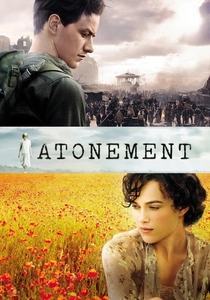
Atonement (2007)
Description: This film explores the consequences of a young girl's lie, which leads to the separation of two lovers and a lifetime of regret and atonement. Its narrative structure and emotional depth make it a tragic masterpiece.
Fact: The film features a famous five-minute continuous shot on Dunkirk beach, which was meticulously planned and executed.
 Watch Now
Watch Now
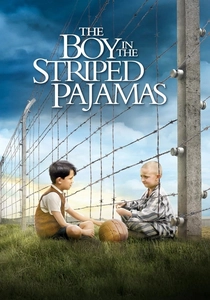
The Boy in the Striped Pyjamas (2008)
Description: Set during World War II, this film tells the story of an unlikely friendship between the son of a Nazi commandant and a Jewish boy in a concentration camp, culminating in a tragic ending that underscores the horrors of the Holocaust.
Fact: The film was adapted from John Boyne's novel, which was inspired by a visit to the Holocaust Museum in Jerusalem.
 Watch Now
Watch Now
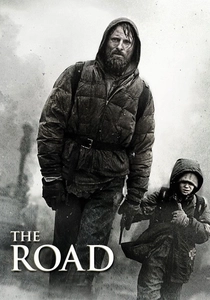
The Road (2009)
Description: Set in a post-apocalyptic world, this film follows a father and son as they travel through a devastated America, facing starvation, cannibals, and the loss of hope. The tragedy lies in the bleakness of their existence and the father's struggle to protect his son.
Fact: The film was adapted from Cormac McCarthy's Pulitzer Prize-winning novel. Viggo Mortensen lost significant weight to portray the emaciated father.
 30 Days Free
30 Days Free









